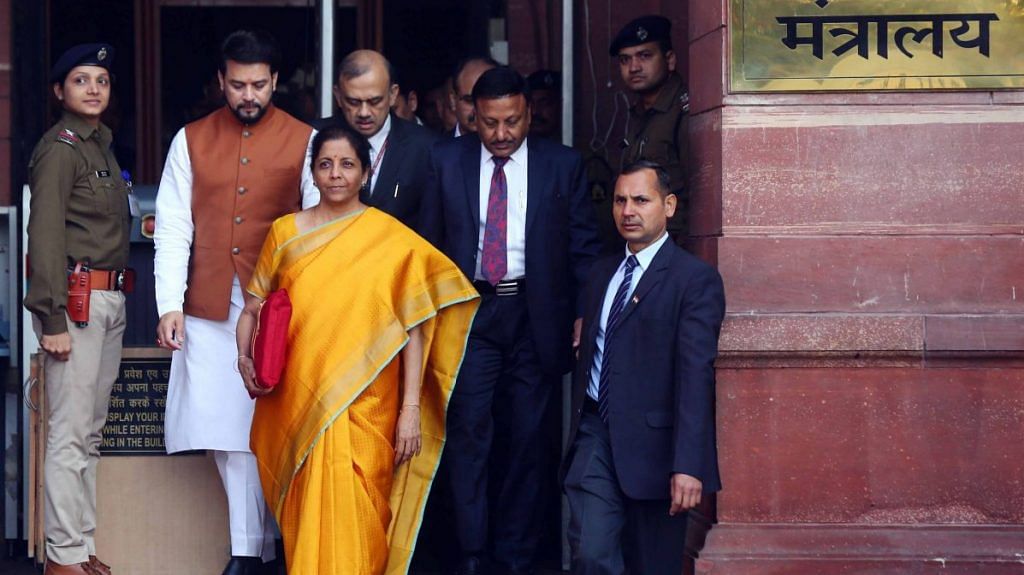New Delhi: The government on Saturday proposed to remove dividend distribution tax on companies, and henceforth the tax will be shifted to recipients at the applicable rate.
Finance Minister Nirmala Sitharaman while unveiling the Union Budget said the proposal would make India more attractive market for investment.
“This is another bold move, which will further make India an attractive destination for investment,” she said, adding it would result in a revenue sacrifice of Rs 25,000 crore per annum.
Currently, companies are required to pay dividend distribution tax (DDT) on the dividend paid to its shareholders at the rate of 15 per cent plus applicable surcharge and cess, in addition to the tax payable by the company on its profits.
“In order to increase the attractiveness of the Indian equity market and to provide relief to a large class of investors, I propose to remove the DDT and adopt the classical system of dividend taxation under which the companies would not be required to pay DDT.
“The dividend shall be taxed only in the hands of the recipients at their applicable rate,” she said.
The system of levying DDT, she said, results in increased tax burden for investors and especially those who are liable to pay tax less than the rate of DDT, if the dividend is included in their income.
Further, non-availability of credit of DDT to most of the foreign investors in their home country results in reduction of rate of return on equity capital for them, she noted.
“Further, in order to remove the cascading effect, I also propose to allow deduction for the dividend received by holding company from its subsidiary. The removal of DDT will lead to estimated annual revenue forgone of Rs 25,000 crore,” the minister said.
Also read: Winners and Losers: Who got what in Nirmala Sitharaman’s Budget 2020
